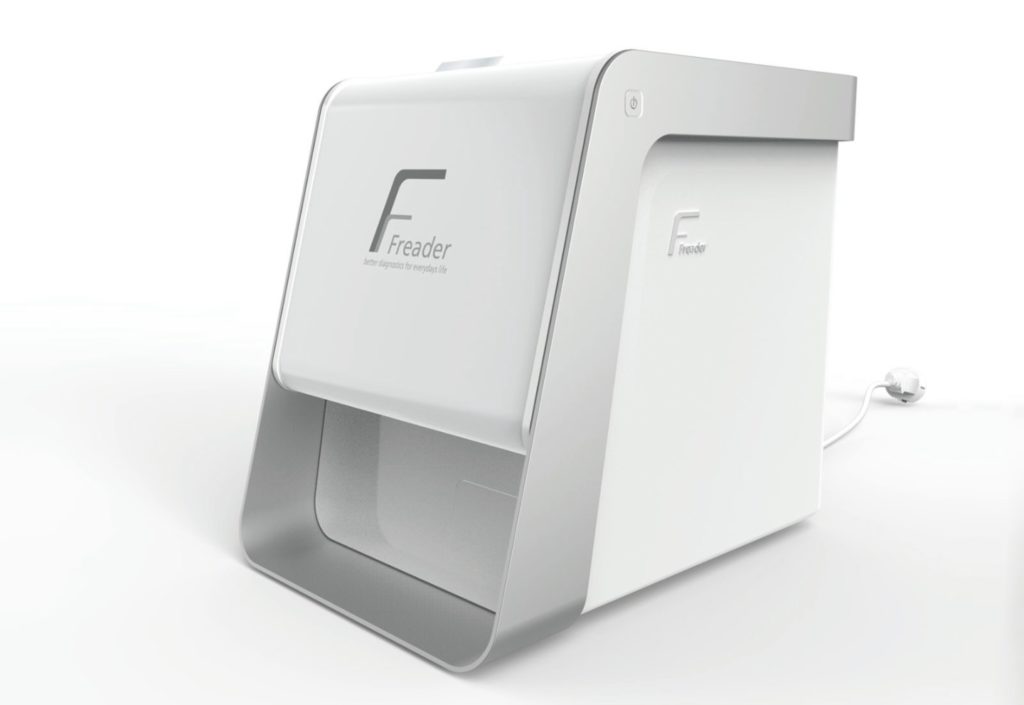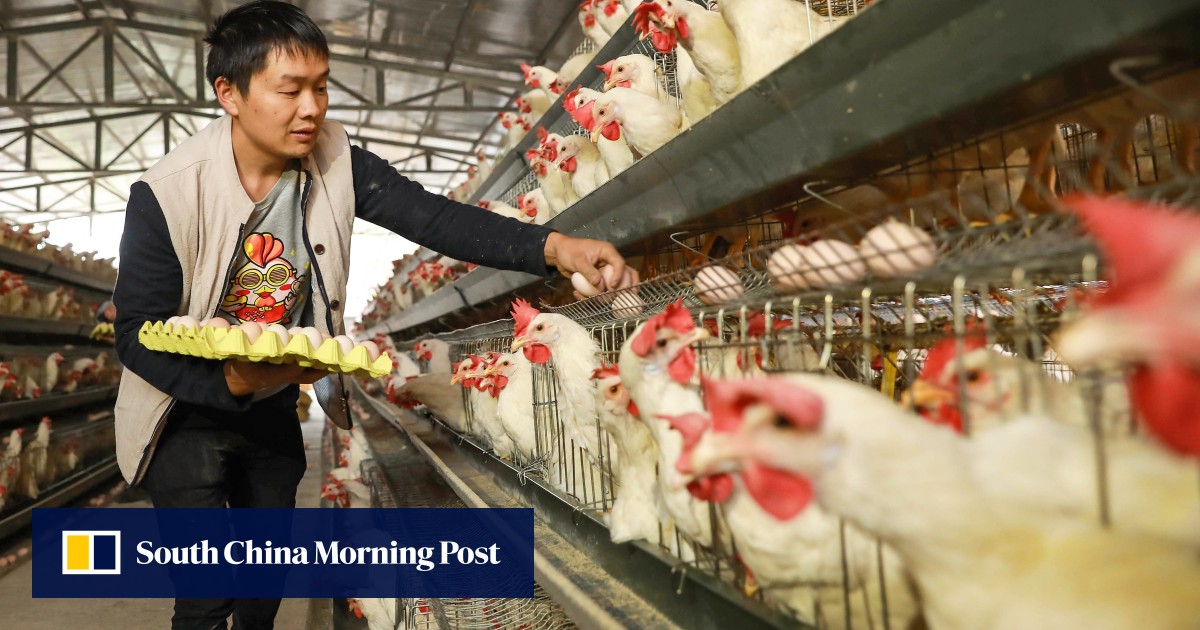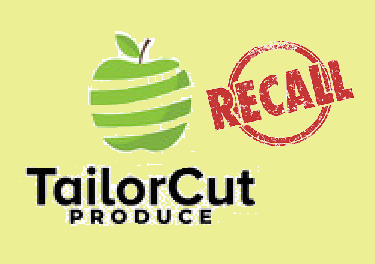Scientists from the Fraunhofer Institute for Cell Therapy and Immunology, working with the German microbiology and food analysis laboratory SELEKTIS GmbH as part of a ProFIT project, developed a rapid test for Salmonella capable of determining if a food contains Salmonella in less than 8 hours. The process reduces the enrichment step from 18 hours to 4-6 hours by creating a rapid culture growth that allows their detection much faster. The DNA of the salmonellae is amplified and automatically detected by extracting the DNA of the salmonellae and amplifying them by molecular biological means so that they can be detected after a further 30 minutes. The researchers can use fluorescent dyes to label the replicated DNA and detect it using capture molecules. Dr. Peter and his team plan to develop a system that automatically performs all procedures that are done manually, such as cultivation, enrichment, molecular biological replication, and detection. @ https://www.fraunhofer.de/en/press/research-news/2020/february/rapid-test-to-detect-salmonella-in-food.html
Dan-W
Anyone can get salmonella poisoning, but babies, toddlers, the elderly and people with immunodeficiencies are particularly susceptible. For people with weakened immune systems, the gastrointestinal disease can lead to serious complications. So far it has taken several days to detect salmonella in food. A new rapid test being developed by Fraunhofer researchers will detect the germs in less than eight hours.
Mary-M
An analysis conducted by the USDA’s Economic Research Service (ERS) demonstrates how USDA data on daily shipments of romaine lettuce information may allow the U.S. Food and Drug Administration (FDA) to rule out an entire production region as the source of contamination. These data, reported by USDA’s Agricultural Marketing Service with a 1- or 2-day lag, provide essentially real-time information on produce shipped out to retailers. Data on daily shipments of romaine can be used to determine production regions free from contamination during a foodborne illness outbreak. Researchers at USDA ERS studied the timelines of three outbreaks and their investigations; along with romaine lettuce production and shipment data in the U.S. reveals that romaine from Yuma was not the source of the fall 2018 outbreak as no romaine was shipped from Yuma until three weeks after the date of first illness on October 7. The USDA shipment data can help FDA in outbreak investigations regarding romaine, the most recent of which occurred in the fall of 2019, and in directing consumers how to avoid illness from them. @ https://www.ers.usda.gov/amber-waves/2020/february/lettuce-help-usda-data-on-shipments-of-romaine-lettuce-can-inform-foodborne-illness-outbreak-investigations-and-public-health-advisories/
A study by ERS researchers demonstrates how USDA data on daily shipments of romaine lettuce can be used to determine which producing regions within the United States are free from contamination during a foodborne illness outbreak. The study finds that among the 29 outbreaks of Shiga-toxin producing Escherichia coli (STEC) O157:H7 associated with romaine lettuce between 1998 and 2018, illnesses peaked in April and October, which corresponds with the tail end of the harvest season in the two main romaine growing regions.
ruth
Restrictions on moving livestock have paralyzed the supply chains of poultry and eggs, leaving farmers stuck with large inventories. Chinese officials are predicting that the coronavirus outbreak could affect the availability of poultry and egg products in the second and third quarter of 2020. Many of China’s live poultry markets have been closed, transportation of poultry has been restricted and some slaughterhouses have been closed. China’s agriculture and transport ministries have told local authorities to allow companies involved in feed-production and poultry-slaughtering to resume work as soon as possible and overcome disruptions caused by the coronavirus outbreak. Thousands of containers of frozen pork, chicken and beef are also accumulating at some of China’s major ports as transport disruptions and labor shortages slow operations. It remains unclear when port operations will return to normal as truck drivers returning from other cities are quarantined for 14 days and other transport restrictions on trucks remain in place. @ https://www.scmp.com/economy/china-economy/article/3051147/coronavirus-chinas-poultry-eggs-supply-under-pressure-frozen
Restrictions on moving livestock and extended holidays aimed at halting the spread of the coronavirus have paralysed supply chains, leaving farmers stuck with inventories.
ruth
The investigation of an outbreak of illnesses caused by Salmonella Javiana showed that it was linked to fruit mix with cantaloupe, honeydew, pineapple, and grapes from Tailor Cut Produce of North Brunswick, New Jersey. CDC has announced this outbreak is over. The fruit mix, called Fruit Luau, was recalled as well as cut honeydew, cut cantaloupe, and cut pineapple products on December 7. All ill people reported eating cut fruit that was served in the week before illness started in long-term care facilities, hospitals, hotels, schools, or universities. Data indicated that these locations served or sold cut fruit from Tailor Cut Produce. Tailor Cut Produce was identified as the common processor, but the source of the contamination was not identified. When the FDA inspected Tailor Cut Produce, the inspectors observed several deficiencies. As of February 14, 2020, CDC is reporting 165 illnesses that were confirmed by Whole Genome Sequencing (WGS) in CA, CO, CT, DE, FL, GA, IL, MA, MN, NJ, NY, PA, VA, and WA. Illnesses were reported from states where Tailor Cut Produce distributes, including Pennsylvania, New York City, New Jersey, and Delaware. Ill people from other states reported traveling to these states in the week before their illness started @ https://www.fda.gov/food/outbreaks-foodborne-illness/outbreak-investigation-salmonella-javiana-fruit-mix-december-2019?utm_campaign=Outbreak_Salmonella%20Javiana_02182020&utm_medium=email&utm_source=Eloqua
FDA’s investigation is complete. CDC announces outbreak is over.




